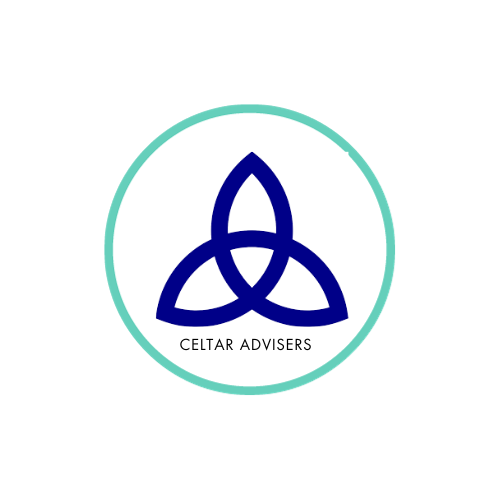The largest facilities outsourcing deal in history
Working with property management organisations, we can appreciate the potential of this example for outsourcing core operations. The focus on what is described as “win-win” relationships enables companies to drive innovation and increase their competitive edge.
Smaller property management companies being more flexible and quick witted – with closer relationships & smaller spans of control – can adapt to this partnership approach.
Many companies have outsourced non-core operations, but few have managed the real estate outsourced relationship as effectively – and unconventionally – as Procter & Gamble (P&G), according to Kate Vitasek, author of the recently published Vested: How P&G, McDonald’s and Microsoft are Redefining Winning in Business Relationships.
In the book, Vitasek, tells the story of how the multinational consumer product manufacturer’s relationship with Jones Salle Lang (JLL), a global financial and professional services firm specialising in commercial real estate services, transformed the contracting approach to corporate real estate in what was the largest facilities outsourcing deal in history.
In today’s rapidly evolving world, business relationships based on an outdated, “win-lose” mentality will not withstand a market that demands constant change and adaptation. Only by focusing on “win-win” relationships can companies drive innovation and increase their competitive edge, the book suggests. Vitasek illustrates this through an in-depth look at how JLL and P&G have worked together in a win-win fashion. In P&G and JLL’s agreement, both companies shared in the risk and the reward of the business with an approach that focused on mutual success. Their contract covered 40 separate areas of shared responsibility, including facilities management, project management and strategic occupancy services in 60 countries, an uncharted scope that neither company had achieved prior to this, the author explains.
Through transformative contract parameters originally established in 2003, JLL was empowered to deliver on P&G’s goals of achieving cost efficiency while exceeding customer satisfaction targets for six consecutive years. During that time, P&G’s Global Business Services (GBS) division reduced cost as a percentage of sales by 33 percent for its outsourced operations, including the work with JLL, says P&G in Vested.
Vested further illustrates, through the P&G and JLL story, five rules of successful vested relationships:
- Rule 1: Focus on outcomes, not transactions. JLL’s compensation was linked to its success in achieving specific outcomes established in collaboration with P&G — not on property commissions. Charged with bringing new ideas to the work and determining best methods, this structure ensures that both parties share a vested interest in driving transformation.
Rule 2: Focus on the what, not the how. Rather than defining service minutiae in the contract, P&G delegated these details to JLL. At the outset, approximately 550 P&G employees were transferred to JLL. Most had never worked for a real estate services provider or even any company other than P&G, but P&G trusted JLL to effect the change in mindset and motivate the new employees to drive innovation for their former employer.
Rule 3: Establish clear and measurable desired outcomes. JLL worked with P&G to define big picture results rather than measuring the program against task performance. Each year the two companies jointly review the defined measures to determine the extent to which the desired outcomes were achieved. For example, in 2005, the companies focused on the successful integration of P&G’s Gillette and Wella acquisitions.
Rule 4: Create a pricing model with incentives. Four key components define the incentivisation model in the JLL-P&G contract. The cost pass-through arrangement is structured so JLL manages the budget and costs, but P&G retains responsibility for the bills, while the management fee at risk structure creates increased accountability for results with P&G, withholding a portion of the JLL management fee until results are achieved. The model also includes a structured approach to compensation for above-base scope projects; and lastly, JLL receives shared savings incentives when it helps P&G reduce costs.
Rule 5: Insight versus oversight. P&G and JLL incorporated a proactive governance structure into their contract to ensure an ongoing “win-win” relationship, establishing both companies as co-owners of the corporate real estate function, with shared goals and communication processes aligned with both organizations.
Article from the FM Link Newsletter, http://goo.gl/TQPnC
Vested: How P&G, McDonald’s and Microsoft are Redefining Winning in Business Relationships, by Kate Vitasek, published by Palgrave Macmillan
For your property requirements check out the website of the Society of Chartered Surveyors in Ireland www.scsi.ie
Celtar, business advice from Dublin
